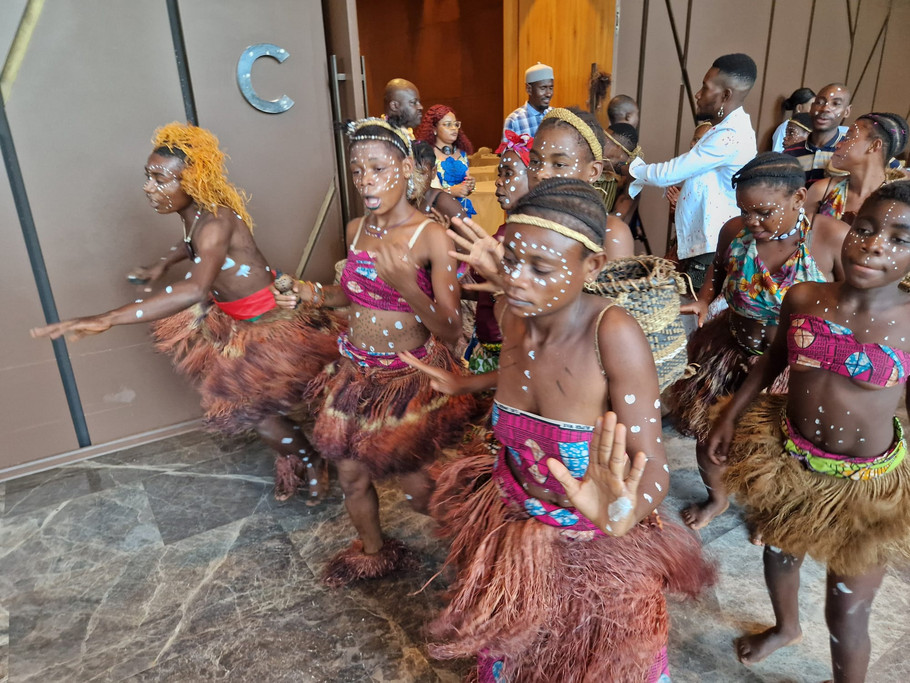
From May 26 to 30, 2025, Brazzaville becomes the global hub for dialogue on the protection of tropical forests by hosting the very first World Congress of Indigenous Peoples (IP) and Local Communities (LC) of forest basins. This historic first brings together representatives of indigenous peoples from the three major tropical forest basins: the Congo Basin, the Amazon, and Borneo-Mekong.
A Unique and Crucial Event for Forest Governance
This congress serves as a unique platform where more than 35 countries, hundreds of delegates, community leaders, experts, donors, and civil society actors come together. Central to the discussions are land rights, forest governance, climate justice, and the recognition of the fundamental role indigenous peoples play in ecosystem preservation.
Organized in partnership with networks such as REPALEAC, RRI, APIB, and the Mesoamerican Alliance, the congress advocates a shared vision: a sustainable forest future led by those who live with and for the forest.
Support from the PFBC: A Major Regional Recognition
The Partnership for the Forests of the Congo Basin (PFBC) actively supports this congress, hailing it as “a historic moment for the Congo Basin.” The PFBC emphasizes the importance of this gathering in strengthening inclusive governance and valuing local knowledge in forest conservation. This support sends a strong signal in favor of communities and sustainable, ground-up solutions.
A Global Momentum Praised by NGOs and Partners
The event has sparked international enthusiasm. Organizations like Greenpeace highlight the congress’s key role in recognizing indigenous peoples’ rights and combating climate change.
By fostering the sharing of experiences, innovations, and collective strategies, the congress creates a global alliance for climate justice and the preservation of tropical forests.
A New Era for Forest Peoples
Brazzaville 2025 marks not just a first but opens the way for a profound transformation: a world where indigenous communities are no longer sidelined but placed at the heart of sustainable management policies.
For Further Information:
- ADIAC Article – Opening of the Congress
- Official Congress 2025 Website
- Greenpeace Analysis – Vers Vert Infos
Share: